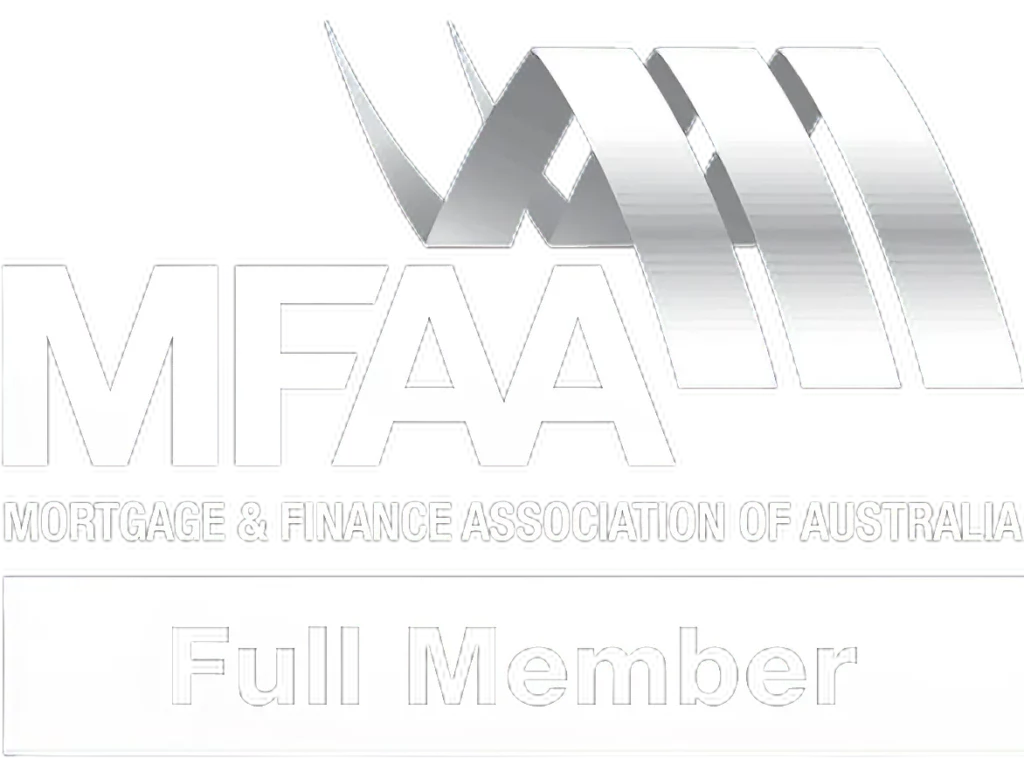Low Doc Home Loans

Low Doc Home Loans are designed for borrowers who may not have the traditional documentation required for a standard home loan. These loans are particularly beneficial for self-employed individuals or small business owners who might not have up-to-date financial statements or tax returns.
Unlock Your Dream Home
At Lime Financial Services, our trusted mortgage brokers offer free, expert advice tailored to your unique needs. Discover how we can help you achieve your homeownership goals today.
Key Features of Low Doc Home Loans
- Simplified Documentation: Unlike traditional loans, Low Doc Home Loans require minimal documentation. Borrowers may need to provide an accountant’s letter, a declaration of income, and potentially some business bank statements.
- Flexibility: These loans offer flexibility in terms of income verification, making them accessible to those with irregular income streams.
- Interest Rates: The interest rates for Low Doc Home Loans can vary based on the borrower’s credit history and the loan-to-value ratio (LVR). Typically, a higher deposit can lead to more favorable rates.
Types of Bad Credit Loans
There are several kinds of loans available to borrowers with bad credit:
- Personal Loans: Unsecured loans that can be used for various purposes like debt consolidation or unexpected expenses. Interest rates tend to be higher for bad credit borrowers.
- Secured Loans: Require collateral like a vehicle or property to guarantee the loan. Easier to qualify for than unsecured loans but you risk losing the collateral if you default.
- Payday Loans: Short-term loans due on your next payday, with very high interest rates, often around 400% APR. Generally not recommended due to the high cost and risk of getting trapped in a cycle of debt.
- Cash Advances: Drawing cash from a credit card up to your credit limit. Convenient but interest accrues immediately and rates are higher than regular credit card purchases.
Benefits of Low Doc Home Loans
- Accessibility for Self-Employed: Many self-employed individuals struggle to meet the documentation requirements of traditional loans. Low Doc Home Loans provide an alternative pathway to homeownership.
- Speed and Convenience: With fewer documents required, the application process can be faster and more convenient.
- Potential for Larger Borrowing: Depending on the lender, borrowers can access significant loan amounts, sometimes up to 80% of the property value.
How Low Doc Home Loans Work
How Low Doc Home Loans Work
To qualify for a Low Doc Home Loan, borrowers typically need:
- A registered Australian Business Number (ABN) that has been active for a certain period, often at least 12 months.
- Proof of income through an accountant’s declaration or business activity statements.
- A reasonable credit history, as clean credit can lead to better loan terms.
Application Process
- Initial Consultation: Discuss your financial situation with a mortgage broker to determine if a Low Doc Home Loan is suitable for you.
- Document Preparation: Gather necessary documents such as an accountant’s letter and income declaration.
- Lender Assessment: The lender will assess your application based on the provided documentation and your creditworthiness.
- Approval and Settlement: Once approved, the loan will proceed to settlement, allowing you to purchase your property.
Considerations and Risks
While Low Doc Home Loans offer numerous benefits, there are also considerations to keep in mind:
- Higher Interest Rates: Due to the perceived higher risk, these loans may come with higher interest rates compared to full documentation loans.
- LVR Limitations: Lenders may impose stricter LVR limits, meaning a larger deposit might be required.
- Potential for Misrepresentation: It’s crucial to provide accurate income information, as misrepresentation can lead to legal issues and loan default.
Low Doc Home Loans are an excellent option for self-employed individuals and those with non-traditional income sources. By understanding the features, benefits, and application process, borrowers can make informed decisions and potentially achieve their homeownership goals. For personalized advice and to explore your options, consider consulting with a reputable mortgage broker like Lime Financial Services, who can guide you through the process and help you find the best loan product for your needs.
Frequently Asked Questions (FAQs)
A Low Doc Home Loan is a type of mortgage designed for individuals who cannot provide the standard documentation required for a traditional home loan, often due to self-employment or irregular income streams.
Typically, self-employed individuals or small business owners who have an active Australian Business Number (ABN) and can provide alternative income verification, such as an accountant's letter or business bank statements, are eligible for Low Doc Home Loans.
Instead of full financial statements, borrowers may need to provide an income declaration, an accountant's letter, and possibly business activity statements or bank statements to verify income.
Yes, Low Doc Home Loans often come with higher interest rates compared to standard home loans due to the increased risk perceived by lenders.
The LVR for Low Doc Home Loans may be more restrictive, often requiring a larger deposit, with typical LVR limits being around 60% to 80%.
Yes, Low Doc Home Loans can be used for purchasing investment properties, though the terms and conditions may vary depending on the lender.
The primary risks include higher interest rates, potential for stricter LVR limits, and the importance of accurately declaring income to avoid legal issues or loan default.


